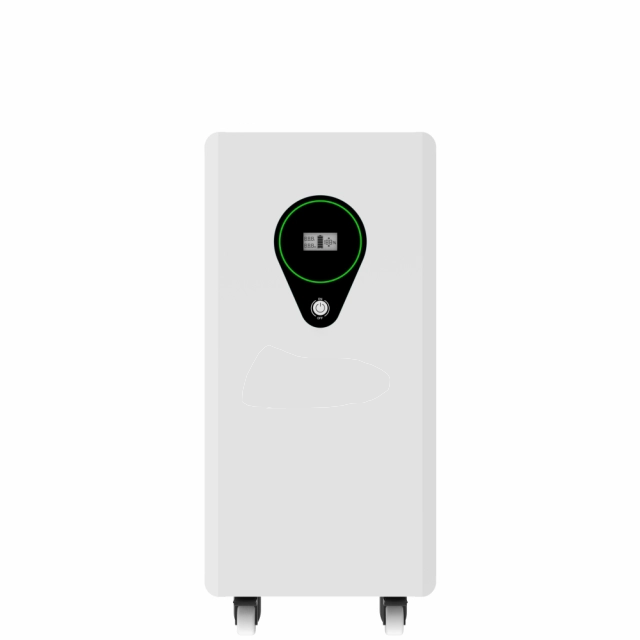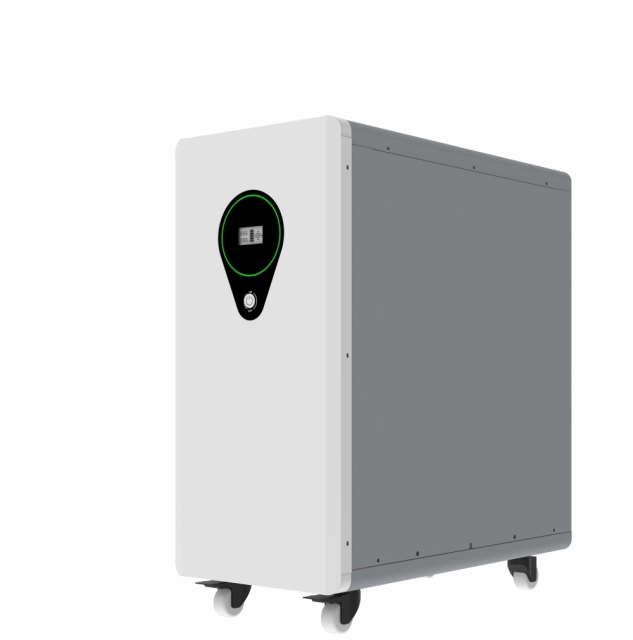The Economic Impact of Using Lithium Ion Phosphate Batteries

In recent years, the adoption of lithium-ion phosphate batteries has surged across various industries, thanks to their remarkable efficiency and environmental benefits. For businesses and homeowners alike, these batteries present an economically viable option for energy storage, particularly in solar energy system. This blog post explores the economic impact of utilizing lithium-ion phosphate batteries, focusing on their advantages, return on investment (ROI), and long-term savings.
Table of content
Advantages of Lithium Ion Phosphate Over Lithium Polymer Batteries
Return on Investment for Solar Energy Systems Using Lithium Ion Phosphate Batteries
Long-Term Savings with Lithium Ion Phosphate Batteries in Residential Applications
Advantages of Lithium Ion Phosphate Over Lithium Polymer Batteries
When comparing lithium-ion phosphate batteries to lithium polymer batteries, several clear advantages emerge. Firstly, lithium-ion phosphate batteries offer a longer cycle life, meaning they can be charged and discharged more times before their capacity decreases significantly. This longevity translates to fewer replacements over time, thereby reducing overall costs. Additionally, lithium-ion phosphate batteries are known for their excellent thermal stability, which minimizes the risk of overheating and enhances safety. This attribute makes them particularly suitable for applications that require reliable and consistent performance. Another significant benefit is their eco-friendliness. Lithium-ion phosphate batteries are made from non-toxic materials and are more environmentally friendly to produce and dispose of compared to their lithium polymer counterparts. This advantage not only contributes to sustainability efforts but also aligns with increasingly stringent environmental regulations, potentially avoiding future compliance costs. These benefits collectively make lithium-ion phosphate batteries an attractive option for both residential and commercial use.

Return on Investment for Solar Energy Systems Using Lithium Ion Phosphate Batteries
Investing in solar energy systems can be a substantial financial commitment, but understanding the ROI is crucial for making informed decisions. Lithium-ion phosphate batteries enhance the ROI of solar energy systems by providing efficient and reliable energy storage. One of the primary ways they do this is by maximizing the use of generated solar power. Excess energy produced during the day can be stored in these batteries and used during the night or cloudy days, reducing dependency on grid electricity and thus lowering utility bills. Furthermore, lithium-ion phosphate batteries have a lower self-discharge rate compared to other battery types, ensuring that stored energy remains available for use without significant loss. This efficiency directly impacts the payback period of the solar energy system, often resulting in a quicker return on investment. For businesses, this can mean significant cost savings and a more predictable energy budget, while homeowners can enjoy reduced monthly energy expenses. Additionally, many regions offer incentives and rebates for installing energy storage solutions as part of renewable energy systems. These financial incentives can further enhance the ROI by offsetting some of the initial investment costs. By choosing lithium-ion phosphate batteries, users can take full advantage of these programs, making their investment in sustainable energy even more economically sound.
Long-Term Savings with Lithium Ion Phosphate Batteries in Residential Applications
For homeowners, the long-term savings associated with lithium-ion phosphate batteries are compelling. These batteries are designed to have a lifespan of several thousand cycles, which can equate to over a decade of reliable service. This durability means that once installed, there are minimal maintenance and replacement costs, providing significant savings over the years. In addition to the direct cost savings, lithium-ion phosphate batteries also offer indirect financial benefits. For instance, homes equipped with reliable energy storage solutions are often more attractive to potential buyers, potentially increasing property values. Furthermore, the ability to store and use solar energy efficiently can provide a hedge against rising electricity prices, offering homeowners more financial stability in the long run. The advanced Battery Management System (BMS) in lithium-ion phosphate batteries also plays a crucial role in long-term savings. The BMS ensures optimal performance by preventing issues such as overcharging, overheating, and short-circuiting, which can otherwise lead to costly repairs or replacements. By maintaining the health of the battery, the BMS extends its lifespan and ensures consistent performance, further enhancing the economic benefits for homeowners.
In conclusion, the economic impact of using lithium-ion phosphate batteries is substantial, offering numerous advantages over other battery types, enhancing the ROI of solar energy systems, and providing long-term savings for residential applications. For those considering investing in energy storage solutions, lithium-ion phosphate batteries represent a smart, sustainable, and economically viable choice. To explore more about how these batteries can benefit your specific needs, visit Felicity Solar’s product page and start your journey toward a more efficient and cost-effective energy solution.
benefit
benefit a lot,thanks for you share